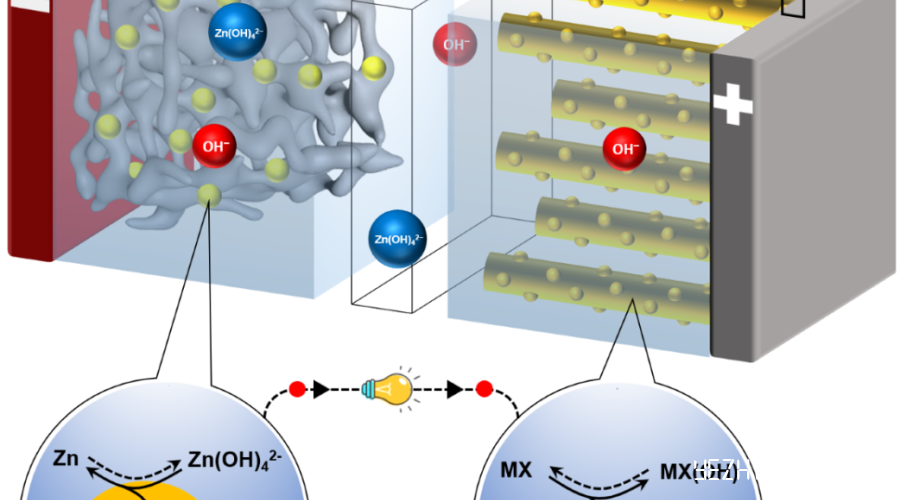
Enerpoly has developed configurable, modular zinc-ion batteries for the stationary energy storage sector, which are suitable for short- to medium-term energy storage applications of 2 to 10 hours.
The battery pack has a power of 3 kWh, weighs 60 kg, measures 800 x 177 x 432 mm, and can operate in temperatures ranging from -10°C to 50°C. Its nominal voltage is 48 volts and its nominal capacity is 60 ampere hours. The battery pack has a maximum charge/discharge power of 2.8 kW and a continuous output of 1.4 kW.
Enerpoly battery technology employs a zinc metal anode and a manganese dioxide cathode, and uses a water-based electrolyte. The dedicated cells have a prismatic design.
Enerpoly Claim that this technology is safer and can avoid thermal runaway. The Swedish start-up says it meets all safety standards and its battery products are UL 9540A tested.
Currently, Enerpoly is working with the Austrian photovoltaic startup EET (Efficient Energy Technology) on a project called "ZincMate". They say the project aims to "develop and drive commercialization of an energy storage device that can go into every household in Europe."
The project has a total budget of 1.74 million euros and has received 870,000 euros ($937,000) in funding from the Eurostar-3 program sponsored by the Swedish Innovation Agency (Vinova) and the Austrian Research Promotion Agency (FFG). financial support.
In the ZincMate project, Enerpoly and EET will collaborate to develop a prototype of a plug-in energy storage system with rechargeable zinc batteries. ZincMate's basic technology includes EET grid-connected technology and Enerpoly's cost-effective battery. Photovoltaic systems produced by EET have energy storage capabilities and can be installed on balconies and plugged into wall sockets, allowing landlords and tenants to generate renewable electricity.
Founded in 2017, EET Claim to be the only company producing energy storage devices that can be easily installed by non-professionals. At the heart of its SolMate device is an innovative patented integrated measurement technology that assesses each home's energy needs by connecting to a mains socket, so there is no need for further installation or connection to the home grid.
Christoph Grimmer, CEO of EET, said: "Currently, EET's SolMate devices are equipped with state-of-the-art lithium-ion batteries, but obviously the battery technology needs to be improved. Therefore, the next step is to apply zinc-ion technology to the residential sector."
Batteries developed in the ZincMate collaboration will be tested in laboratories as well as in domestic settings, including apartments, tiny homes and shared housing. The project will start this year and last for two years.
联系咨询
 | Get exact prices For the country / regionE-mail: mail@yezhimaip.com |

